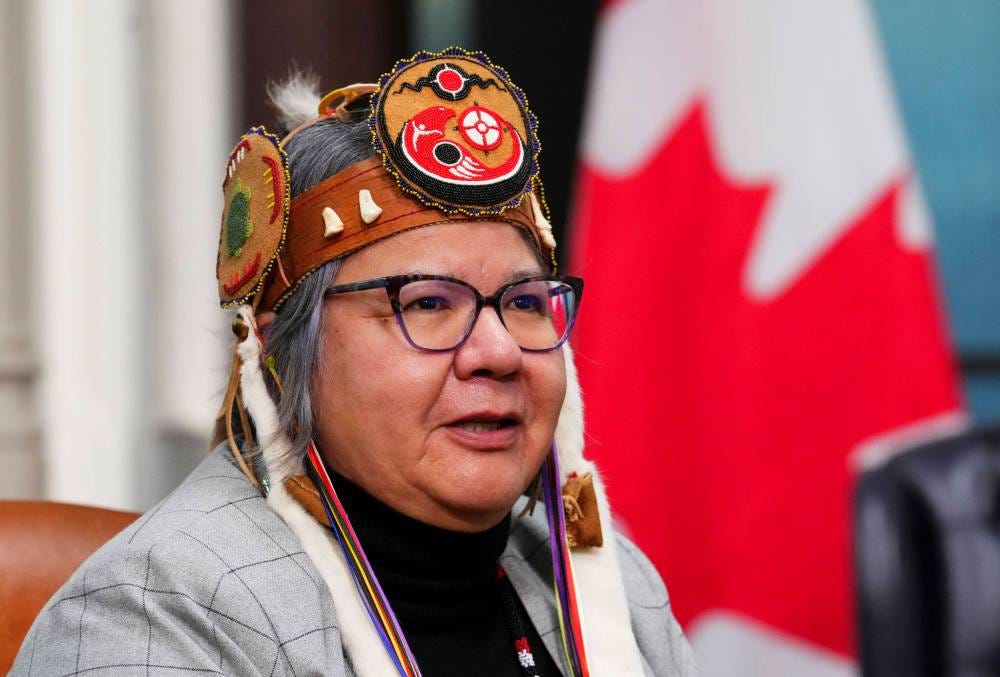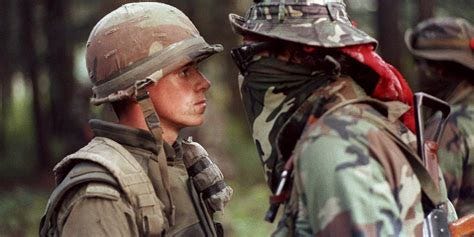Friends, I’ve waited patiently for a long time to call RoseAnne Archibald, the ousted national chief of the Assembly of First Nations, the biggest indigenous hypocrite of them all.
Finally, on June 29, 2023, I got my chance to do so, as you can read on the other side of the paywall.
The very next day, Niigaan Sinclair, an indigenous activist, associate professor of native studies at the University of Manitoba, Winnipeg Free Press columnist, and my arch rival on indigenous issues, had the following to say about Archibald’s removal. (Brief excerpts only are reproduced below to preclude a charge of copyright infringement.)
Opinion: AFN power play deserves offside call
Niigaan Sinclair
Winnipeg Free Press
June 30, 2023
The Assembly of First Nations made history in July 2021, electing its first female national chief — an incredible breakthrough for the historically male-dominated advocacy group.
AFN made history again two years later, impeaching and removing its first female national chief — a terrible look for an organization looking increasingly terrible.
On June 28, in an online “special meeting” called with little notice, 163 of 231 chiefs and their proxies (71 per cent) voted to remove RoseAnne Archibald from her post.
That percentage looks convincing, but the AFN represents 640 First Nations in Canada — and each gets a vote. Essentially, one-quarter of chiefs removed their democratically elected national chief.

The fact only 231 logged in is evidence, at minimum, of hastiness.
Critics were also baffled by the call for a special meeting when the 44th Annual General Assembly in Halifax takes place in two weeks. There, all chiefs would be present and actual debate could take place.
Supporters of the decision were quick to point out the resolution to remove Archibald was not anti-woman, as it was moved by two female chiefs.
Perhaps, but it’s hard not to see the longtime movement to oust Archibald as cold, calculated and motivated by political attempts to silence her.
She argued, since first taking office, she has faced deep resistance when asking questions about financial mismanagement … and demanding change in the governance and program delivery structure of the group.
Was a “special meeting” removal from office the only choice? Wasn’t it a more legitimate choice to have chiefs vote in person in two weeks? Or perhaps more democratically, for voters to have a say on Archibald’s three-year term when it runs out during next year’s national chief election?
niigann.sinclair@freepress.mb.ca
Niigaan Sinclair
Columnist
Niigaan Sinclair is Anishinaabe and is a columnist at the Winnipeg Free Press.
Frankly, I couldn’t have said this better and now wonder if Niigaan will be charged by its movers and shakers with AFN denialism.
I will be sure to keep readers fully apprised of this breaking story in a timely fashion as events unfold over the next couple of weeks. And, like Sinclair, I expect this issue to be aired in an acrimonious fashion in both legal courts and court of public opinion.
Too many of us have been fooled by activists into believing that indigenous people always settle their disputes in a respectful, harmonious, restorative, and conciliatory fashion.
Expect no healing circles to solve this battle.
I say this given that past and present inter-group indigenous conflicts are more like bellum omnium contra omnes, a Latin phrase meaning war of all against all, the description that Thomas Hobbes gave to human existence in the state-of-nature thought experiment that he conducted in De Cive (1642) and Leviathan (1651).


RoseAnne Archibald is bound to mount a scorched earth policy in retaliation to the way she has been humiliated by her AFN enemies.
Also, many thanks to the great Nina Green for discovering and transcribing her August 4, 2021 BBC’s HardTalk interview with Stephen Sackur found below!
Keep reading with a 7-day free trial
Subscribe to REAL Indigenous Report to keep reading this post and get 7 days of free access to the full post archives.


